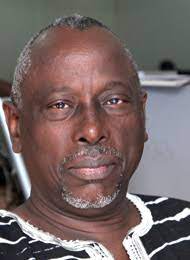Rwanda’s eyes on the future
This week Rwanda marks two important days in its history. There was mention of the events related to the two occasions, but all eyes were on the future, not the past.

Joseph Rwagatare

